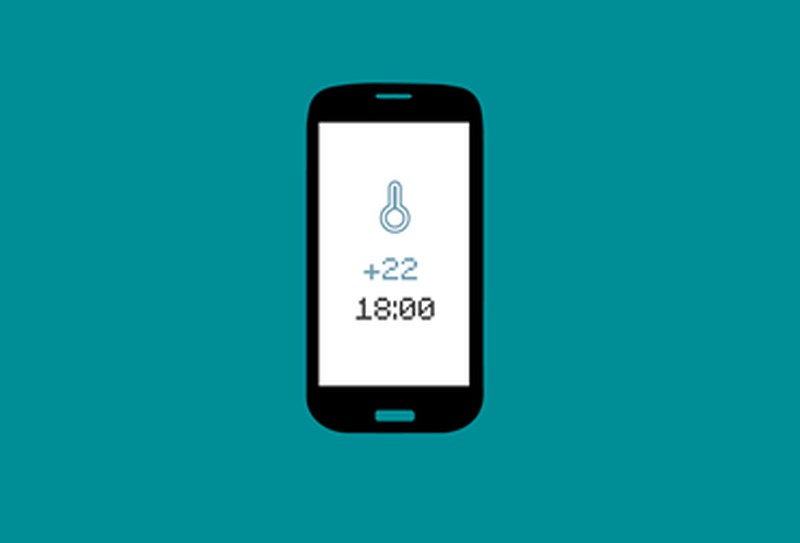Energy saving tips in electric heating
10 Tips that will help you save on your electricity bill by using your heating properly.
Source: https://www.ducasa.com/consejos-de-ahorro/

Pay attention to your supply contract.
Adjust the contracted powers to the consumption you have at home. Remember that not everything has to work at the same time. If you use devices that allow you to consume energy when others do not and vice versa, it is very possible that you can reduce your hiring power. Talk to your authorized installer.
Check your electricity consumptions.
Your electricity tariff may have conditions in which it can be very interesting to turn on heating appliances at times when electricity is cheaper. There are accumulative devices that can be charged at times when the service is more economical, in order to be able to use them without consumption during the rest of the day.
Compare offers.
Comparing the different offers of heating systems that the market offers and choosing the one that best suits your consumption habits is another key that can help you save. It considers the investment of the system and the subsequent expense involved in using it.
Check the insulation.
Between 25 and 30% of the heating needs of a home are due to heat losses that originate in the windows, according to data from the Institute for Energy Diversification and Saving (IDAE). For this reason, it is necessary to check that the home has adequate insulation systems that do not let in the cold and do not provide escape routes for heat.
Lower the temperature if you leave the house and turn it off at night.
Except in cases of extreme cold, it is not necessary to maintain the heating at night, and it will allow us to reduce the cost considerably. On the other hand, if we are going out for a few hours, we can lower the temperature to 15 degrees to maintain the comfort level.
Do not cover the radiators.
Placing a piece of furniture too close or putting wet clothes on top of a radiator to make it dry faster is not recommended if we want to get the most out of our heating. Consumption will be higher and the bill will also increase.
Not all rooms in the house are the same.
There are rooms that are only used at certain times of the day. Therefore, it is not necessary that they are always hot. Others are used more. Do not rule out the possibility of a mixed heating system to cover your needs by zones.
Do not heat empty rooms.
In order not to waste, a good solution is to deactivate the heating system in the rooms that you do not use. If you don't, you will increase your spending unnecessarily.
Programming of ignition and temperature.
If you're only home for a few hours a day, leaving the heat on all day is not profitable or sustainable. The best option is to program its ignition and temperature approximately one hour before you get home. This way you will find it warm and cozy when you arrive, without having to spend more.
Maintain a comfortable temperature.
Using the heating at too high a temperature causes unnecessary extra expense. Keeping it at 21 degrees is enough to heat a home. Remember that heating is not intended to reproduce the summer temperatures to go around the house in suspenders. The logical thing is to dress in some warm clothes corresponding to the period, and, incidentally, avoid that the bill goes off. With a thermostat it will be easier for you to maintain an optimal temperature throughout the day and you will save between 8 and 13% on your consumption. Also, remember that you can control the operation of your heating from anywhere, through the Internet.





Opinions of our clients
Receive our news